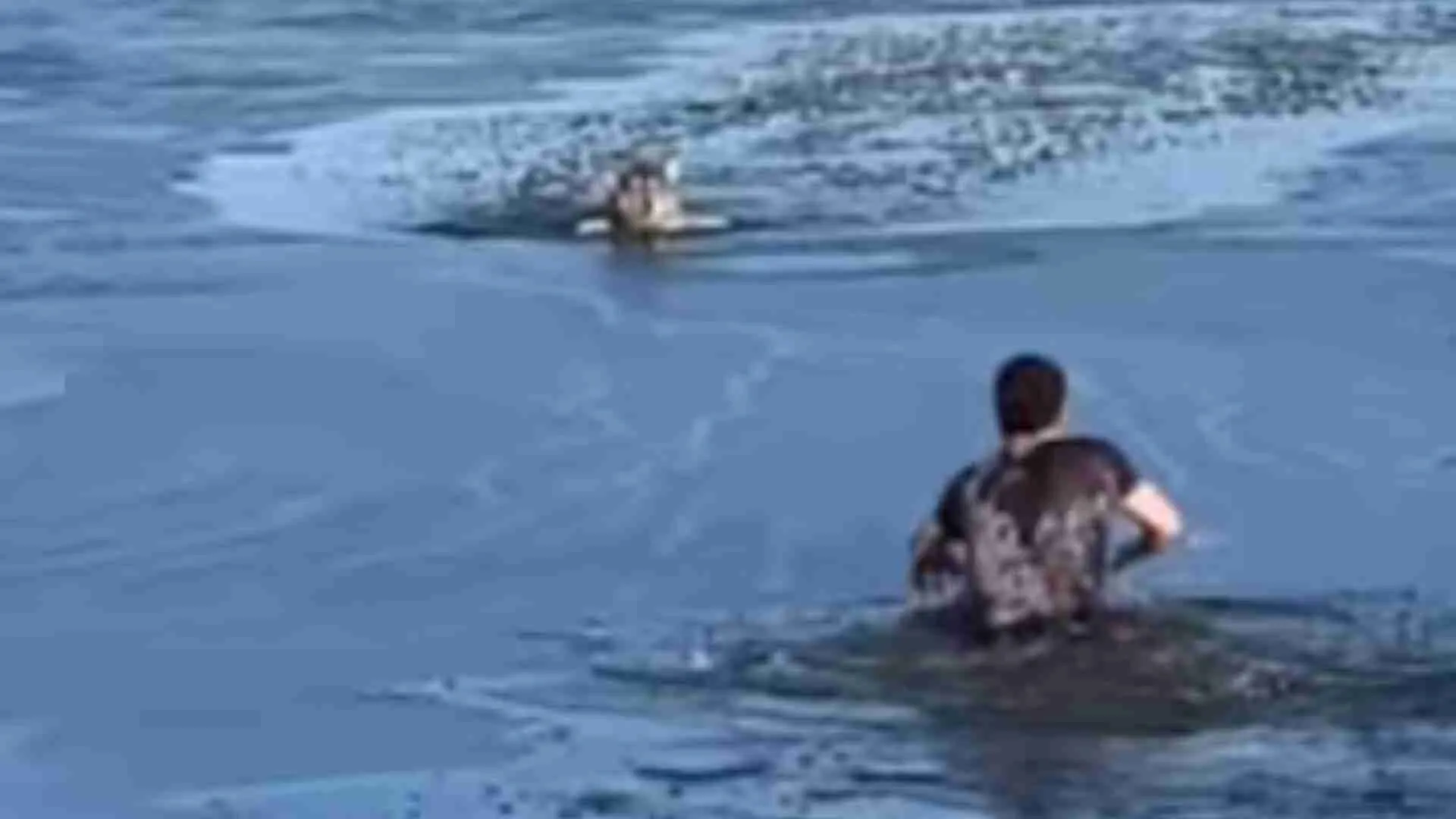Whether or not you agree with the recent verdict against Rahul Gandhi, it raises numerous questions about the pace of justice in the country and the upward trend in the criminalisation of politics across the country, across all political parties. This verdict involving a case of alleged criminal defamation was rendered with respect to a statement made by Rahul Gandhi in 2019 and although four years is long enough, at the same time it is a bit of a of record in terms of how long courts often take.
There is an old story about a cat that is eating up a lot of mice. One day the mice announce a general body meeting to discuss what can be done to stop the cat. Some bright spark comes up with the idea that it might be an idea to tie a bell around the neck of the cat. That way, this clever mouse suggests, they would know every time the cat was near or approaching and be able to run away in time. The motion is carried by a majority of mice clapping and shouting approval for this wonderful idea, till someone points out that someone will have to ‘bell the cat’ and how will that happen?
A similar debate has carried on more or less, ever since we became an independent nation about how we will disqualify those legislators who have committed a crime. Charge-sheets are not enough, runs the argument. A man is innocent until proven guilty. In line with the Supreme Court verdict, only once he has been tried and found to be guilty by a competent court of law, can he be disqualified.
Cases, however, often drag on for fifteen, twenty years. In the meanwhile, this man, this criminal politician will sit in the legislative assembly or in even in Parliament, even holding possibly a Cabinet post, with all the influence that position can command in the subversion of justice.
The not-for-profit Association for Democratic Reforms (ADR) recently carried out an analysis of affidavits submitted by candidates who were contesting elections. Unfortunately, the study reveals that the share of MPs with declared criminal cases against has been increasing in the last decade. Of the 543 winners analysed by ADR in the 2009 Lok Sabha elections, 162 (30%) had declared criminal cases against them. There were 76 MP’s (14%) having serious criminal cases against them. In the 2019 Lok Sabha elections the share of MPs with criminal and serious criminal cases increased to 43% and 29%, according to an analysis of 539 winners.
It remains to be seen what elections next year will throw up, but it is extremely unlikely that there will be a let up in criminality.
Animal lovers fond of cats might suggest that the metaphor should be modified to speak of ways in which these political rodents, these rats, can be trapped and neutered in the political arena. That however might not be a wise course of action as it could potentially invite charges of criminal defamation.
Rajesh Talwar is the prolific author of 36 books across multiple genres, and has worked for the United Nations for more than two decades across three continents.

















